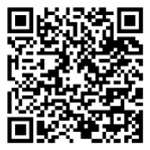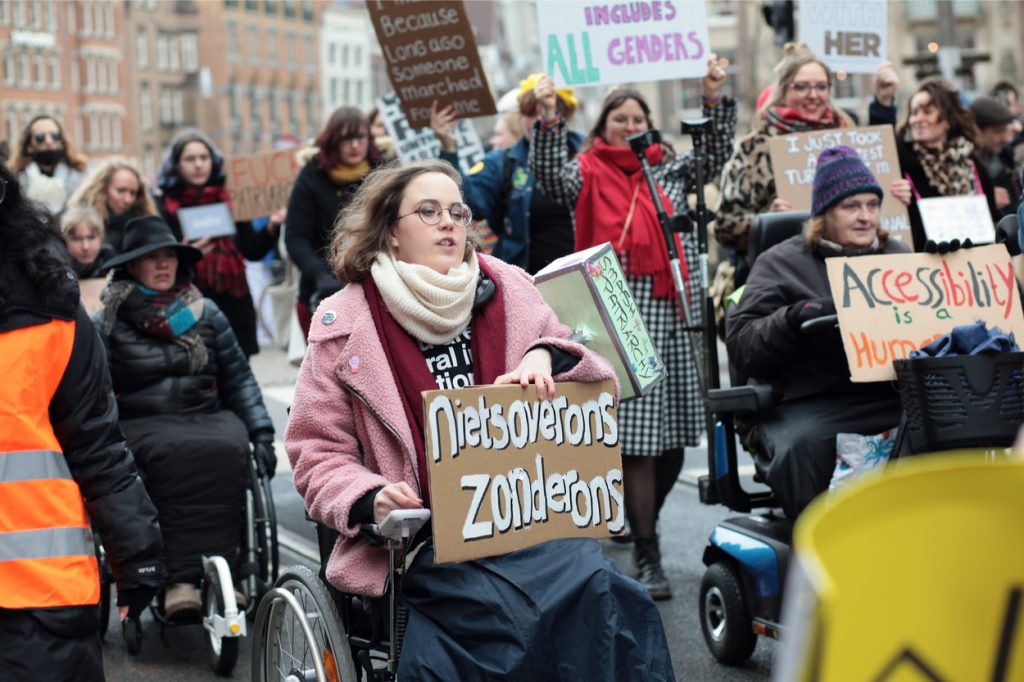Explore Counseling Today Articles
-
 Rewriting the client’s narrative through colorsSeptember 2022 |By Jetaun Bailey, Heather Hodge, Beverly Andes, Bryan Gere and CharMayne Jackson
Rewriting the client’s narrative through colorsSeptember 2022 |By Jetaun Bailey, Heather Hodge, Beverly Andes, Bryan Gere and CharMayne JacksonColor therapy offers a nonintrusive and engaging way to help clients gain a greater understanding of themselves and others.
-
 Rethinking the accessibility of digital mental healthJuly 2022 |By Chris Gamble
Rethinking the accessibility of digital mental healthJuly 2022 |By Chris GambleDigital mental health has been touted as a solution to filling the mental health access gap, but do these platforms really provide access for all?
-
 The unacknowledged stigma of mental illnessJuly 2022 |By Tina C. Lott
The unacknowledged stigma of mental illnessJuly 2022 |By Tina C. LottStigma surrounding mental illness may linger as the elephant in the room and negatively affect client outcomes if counselors don’t recognize and address it in session.
-
 Journeying through betrayal traumaJune 2022 |By Allan J. Katz and Michele Saffier
Journeying through betrayal traumaJune 2022 |By Allan J. Katz and Michele SaffierIndividuals who discover a partner’s infidelity and deception must undertake a challenging journey to find healing for the mind, heart and soul.
-
 How to elicit and implement group feedbackMay 2022 |By Ashley E. Wadsworth
How to elicit and implement group feedbackMay 2022 |By Ashley E. WadsworthGiven the complex variables at play in group settings, it is critical that counselors seek client feedback directly rather than relying on their own clinical judgments regarding treatment efficacy.
Tags: -
 Counselor burnout during COVID-19March 2022 |By Carrie L. Elder, Elizabeth K. Norris and Leann M. Morgan
Counselor burnout during COVID-19March 2022 |By Carrie L. Elder, Elizabeth K. Norris and Leann M. MorganThree research studies suggest that counselors did not burn out at a higher-than-normal rate during the first year of COVID-19, but the experience of pandemic fatigue remains an ongoing challenge.
-
 Peer support, mad pride and disability justiceFebruary 2022 |By Luke Romano
Peer support, mad pride and disability justiceFebruary 2022 |By Luke RomanoTurning toward the critical feedback that these social movements have for the mental health professions can aid counselors in repairing ruptures and strengthening the therapeutic work.
-
 Making every moment of clinical supervision countJanuary 2022 |By Tiffany Warner
Making every moment of clinical supervision countJanuary 2022 |By Tiffany WarnerA three-step method can help counselor supervisors use their limited time more efficiently while building strong competency in supervisees.
-
 The sensitivity of boundary setting in collectivist culturesOctober 2021 |By Shabnam Brady
The sensitivity of boundary setting in collectivist culturesOctober 2021 |By Shabnam BradyCounselors must understand that relationship boundaries considered ‘healthy’ by the dominant culture in the U.S. don’t automatically apply to immigrant and bicultural clients.
-
 Six steps for addressing behavioral addictions in clinical workOctober 2021 |By Amanda Giordano
Six steps for addressing behavioral addictions in clinical workOctober 2021 |By Amanda GiordanoIt is imperative that all counselors, regardless of setting, are able to recognize and respond appropriately to behavioral addictions.
- 1
- 2
- 3 (current)
- 4
- 5
Search CT Articles
Filter CT Articles
Current Issue
Sign Up for Updates
Keep up to date on the latest in counseling practice. Sign up to receive email updates from Counseling Today.


